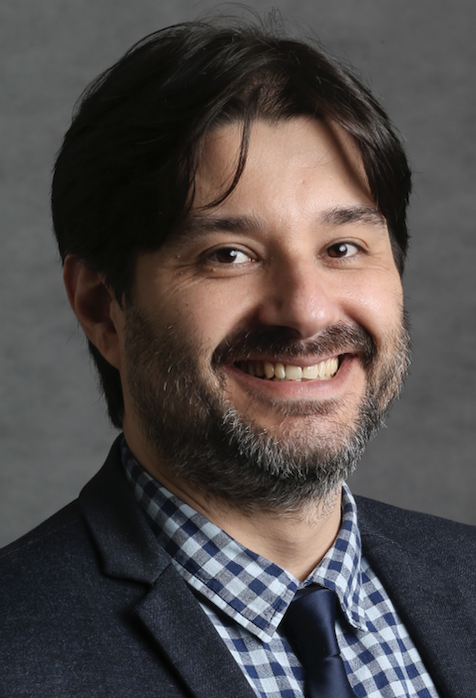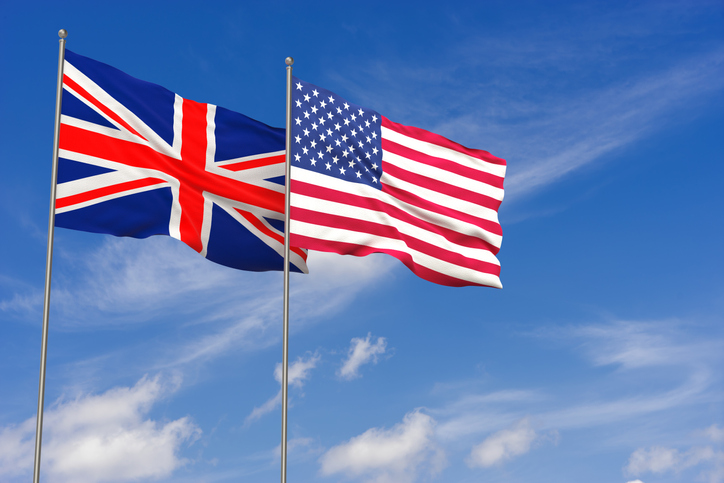How to prepare students for the differences between UK and US universities
Counsellors play a pivotal role in preparing students for the academic and cultural differences between the UK and US higher education systems

The journey across the academic waters of the UK and US higher education landscape presents a unique odyssey, rich with the promise of intellectual growth and personal development.
This voyage, while daunting, offers an unparalleled opportunity for students to immerse themselves in diverse educational philosophies, pedagogical styles and campus cultures. Students embarking on this adventure are not merely crossing geographical boundaries; they are navigating the nuanced landscapes of two world-renowned higher education systems, each with its own traditions, challenges and rewards.
Counsellors play a pivotal role in preparing students for the academic and cultural transitions between the UK and US higher education systems.
UK and US universities: raising awareness of differences
First and foremost, raising awareness about the differences between UK and US universities in terms of educational philosophies, teaching methodologies and university life is crucial. This can be achieved through information sessions, guides and workshops that outline the key contrasts, as well as what students can expect when moving from one system to the other or if they are applying to universities in both countries.
To assist students with offers in hand, counsellors can encourage participation in pre-departure orientation programmes. These provide valuable insights into the academic expectations, social norms and practical aspects of living in a new country.
Furthermore, facilitating connections with alumni or current students who have navigated the transition successfully can offer a real-world perspective that is both reassuring and informative.
Preparing students for different ways of working
Counsellors should also provide resources on effective study strategies that align with the different academic environments. For students heading to the UK, this could include guidance on managing independent study and preparing for comprehensive final exams. For those moving to the US, advice on engaging in continuous assessment, participating in class discussions and balancing academic work with extracurricular activities would be beneficial.
Additionally, workshops that simulate the classroom experience in each country can help students adjust to new pedagogical styles and expectations. These sessions could cover strategies for active participation in seminars and tutorials, effective note-taking during lectures and approaches to collaborative projects and presentations.
Ultimately, the goal is to equip students with the knowledge, skills and mindset to embrace the educational opportunities and challenges that await them across the Atlantic. This way, counsellors can help ensure that students not only succeed academically but also thrive personally, making the most of their transatlantic educational journey.
Embracing difference
As these students adjust their sails from one system to the other, they do so with the support of counsellors, faculty, and peers who serve as navigators and companions on this journey.
The key to a successful transition lies in embracing the differences with an open mind, adapting to new methods of learning and engaging fully with the opportunities that present themselves. This way, students not only enrich their own lives but contribute to the vibrant tapestry of global academia.
Whether one’s course is charted for the historic universities of the UK or the sprawling campuses of the US, the transatlantic academic voyage promises to be a transformative expedition, shaping the learners of today into the global leaders of tomorrow.




